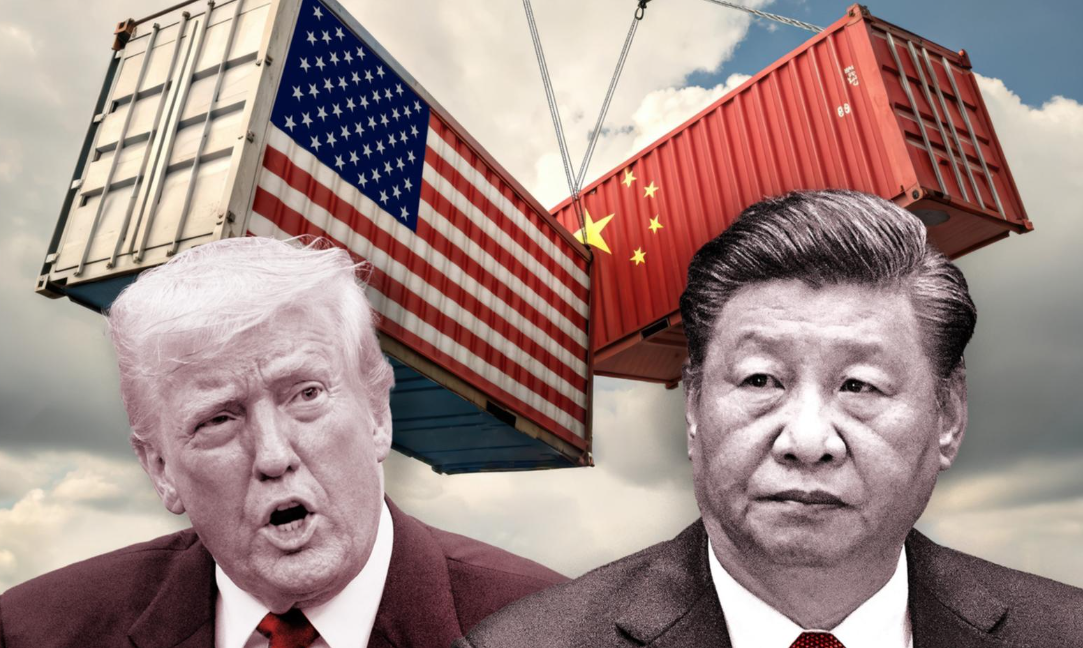
David Shambaugh, Gaston Sigur Professor and Director of China Policy Program at George Washington University, Distinguished Visiting Fellow at Hoover Institution of Stanford University
Apr 09, 2025
The second Trump administration’s China policies have thus far been very opaque and difficult to discern. However, in recent weeks a variety of indicators are beginning to make them clearer—and one dominant theme emerges: China will be viewed as America’s principal adversary.
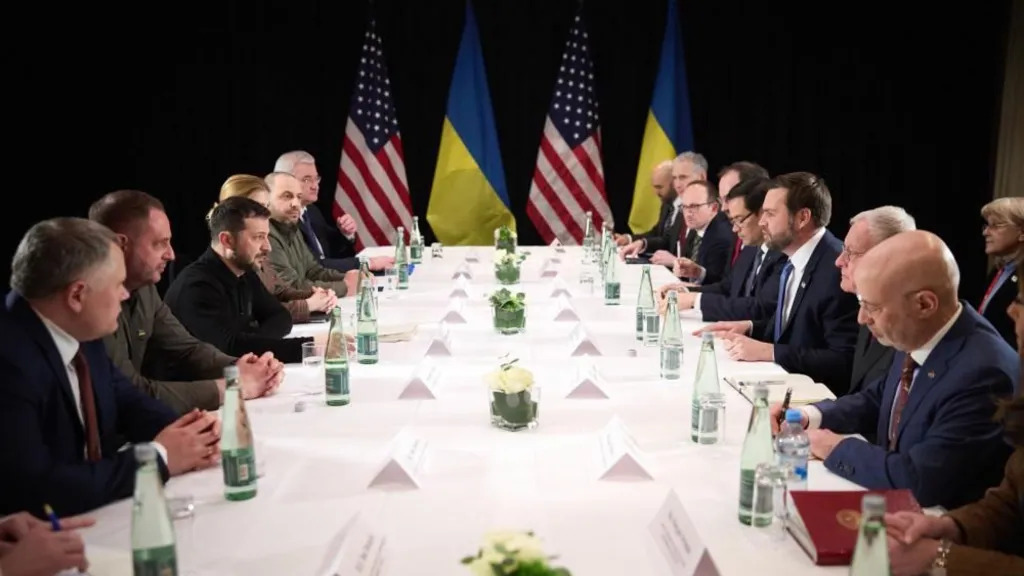
An Gang, Adjunct Fellow, Center for International Security and Strategy, Tsinghua University
Feb 25, 2025
If Europe fails to awaken and respond to its humiliating rejection by the United States, it will lose not only its seat at the table for Ukraine-Russia peace talks but also its status as a leading player in the future multipolar world.
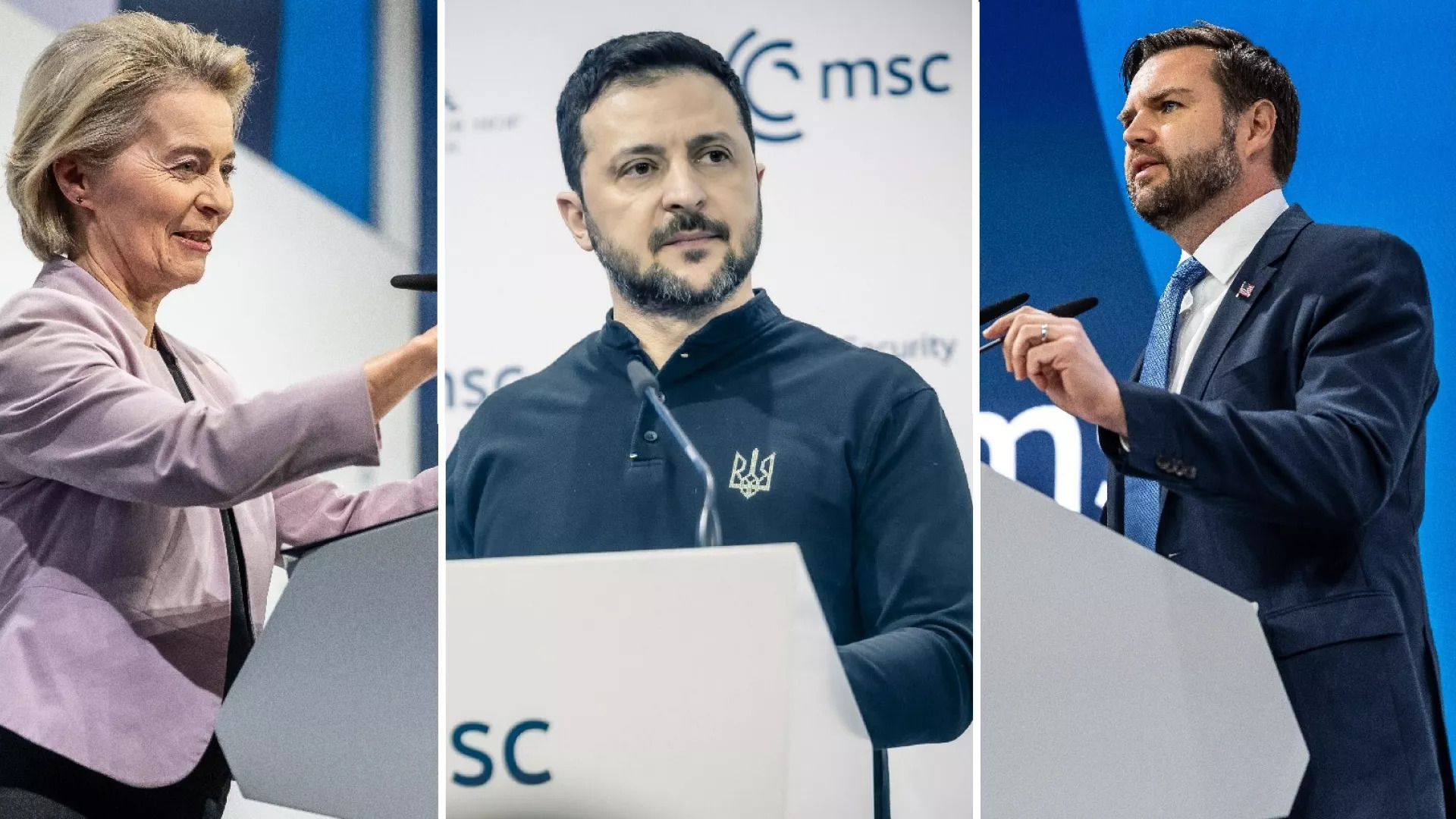
Xiao Qian, Deputy Director, Center for International Security and Strategy at Tsinghua University
Feb 20, 2025
Ukraine crisis lingers as the transatlantic alliance faces an uncertain future. Meanwhile, the international order is undergoing a profound restructuring as the sand shifts under traditional commitments by the United States and as Europe seeks greater autonomy.
Xiao Bin, Deputy Secretary-general, Center for Shanghai Cooperation Organization Studies, Chinese Association of Social Sciences
Jan 27, 2025
The war is unlikely to end according to the timeline of the incoming U.S. president. Imposing his Ukraine plan on Ukrainian President Volodymyr Zelenskyy could give Russia an opportunity to rearm, thereby raising hurdles for the United States and its NATO allies.
Chen Jimin, Guest Researcher, Center for Peace and Development Studies, China Association for International Friendly Contact
Dec 24, 2024
Despite his unpredictability, Donald Trump seems committed to the current strategic trajectory. But China has gained a deeper understanding and accumulated significant experience. It will likely approach America’s Indo-Pacific Strategy with greater confidence and composure in Trump’s second term.
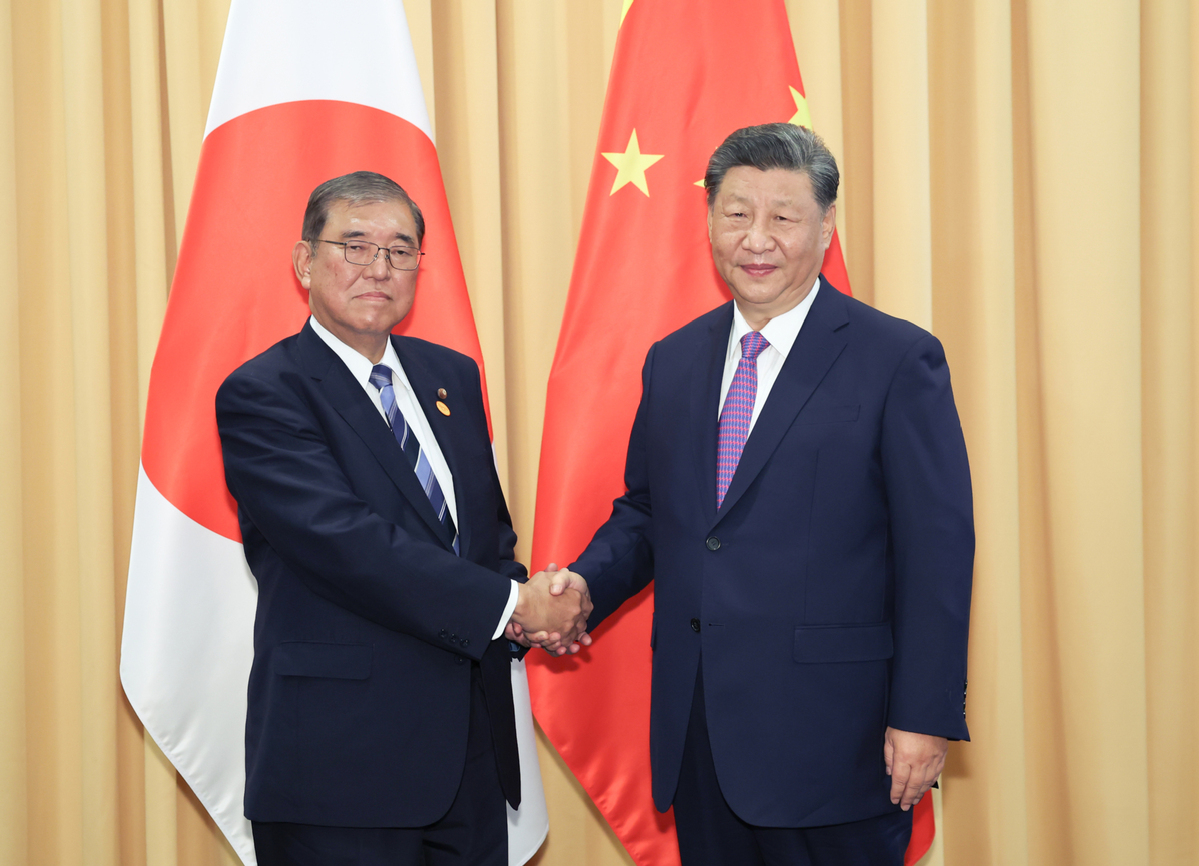
Zhang Yun, Professor, School of International Relations, Nanjing University
Dec 20, 2024
From Shinzo Abe’s concept of escaping the postwar regime to Shigeru Ishiba’s idea of postwar political settlement, the trajectory of Japan’s political evolution is becoming increasingly apparent. For both China and the United States, responding to a Japan that embraces strategic autonomy poses a significant strategic challenge.
Fu Suixin, Assistant Researcher at Institute of American Studies, Chinese Academy of Social Sciences
Sep 11, 2024
If Vice President Kamala Harris is elected president in November, she will confront a range of severe challenges, including extremism, a Congress likely to be controlled by Republicans, a debt-ridden government, the decline of U.S. power and ongoing international conflicts. Change won’t come easy.
Xiao Bin, Deputy Secretary-general, Center for Shanghai Cooperation Organization Studies, Chinese Association of Social Sciences
Aug 21, 2024
Ukraine’s advance into Russian territory may pose new risks, including escalation of the war and further complication of the peace process. The aim may be to create a “land-for-land” negotiation in the future, but this may not work. Peace cannot be achieved as long as one side believes it can win. It only happens when one of the warring parties is exhausted.
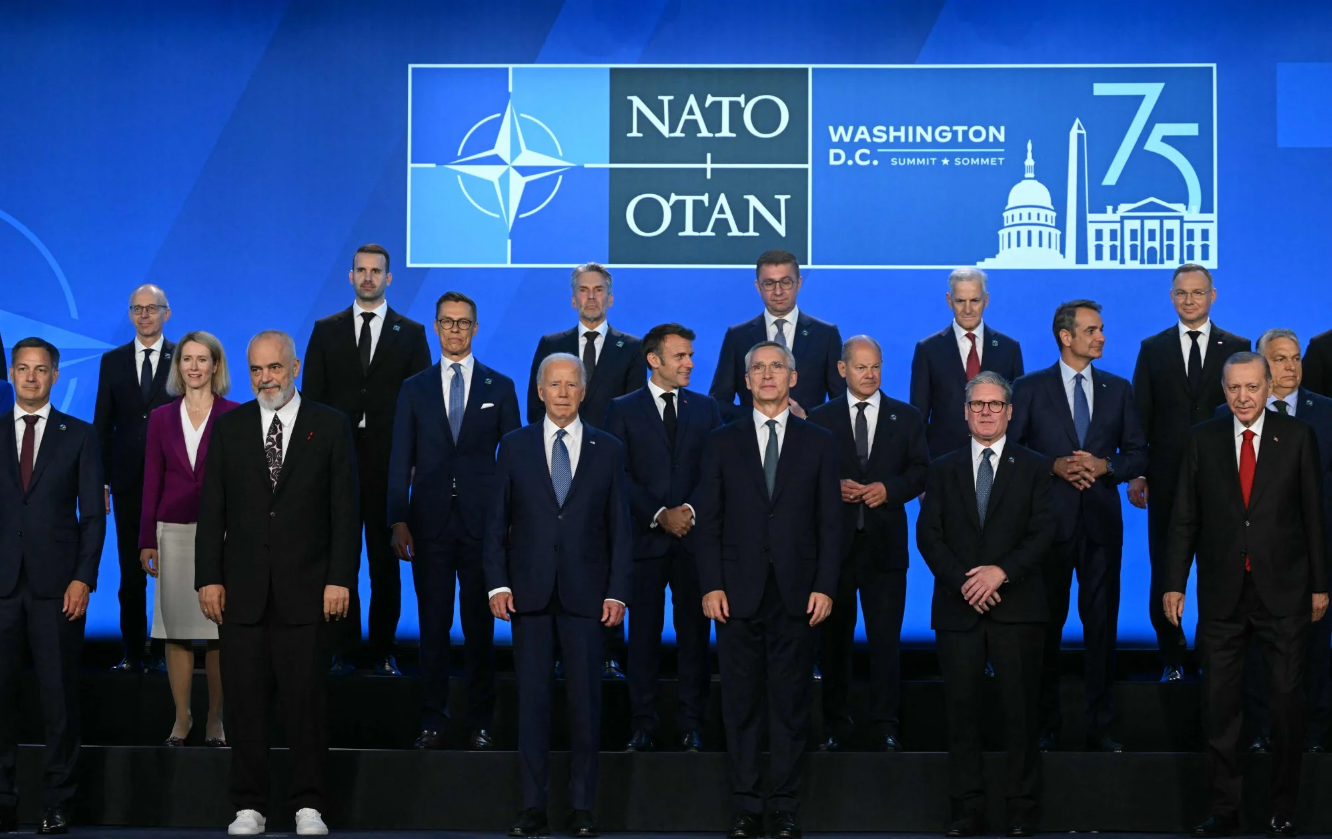
Zhang Gaosheng, Researcher at Department of World Peace and Security, China Institute of International Studies
Aug 08, 2024
The organization has become an instrument of U.S. hegemony that creates confrontation. The NATO Declaration’s statements about China are loaded with bias, stigma and provocation at a time when the world really needs a force for peace and stability.
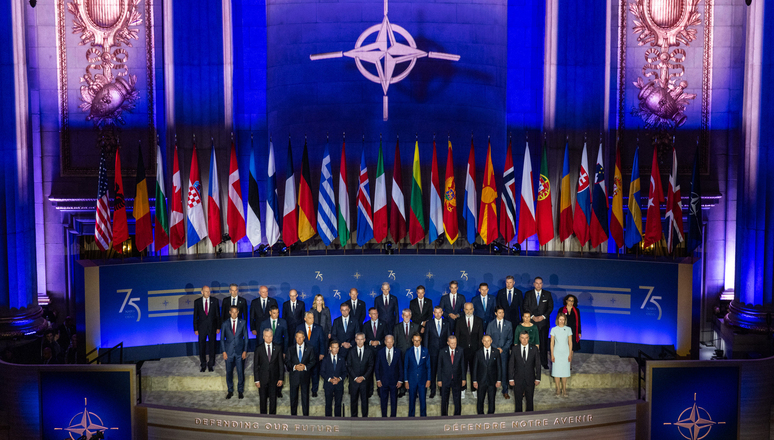
Sun Chenghao, Fellow, Center for International Security and Strategy of Tsinghua University; Munich Young Leader 2025
Jood Ghazwan Sharaf, Ph.D. candidate of International Relations and Media Director of Tsinghua International Relations Review, Tsinghua University
Aug 08, 2024
An increasing focus by the military alliance on the so-called China challenge and a pivot to the Asia-Pacific could mean that China will face an increasingly difficult strategic environment. It is essential, therefore, to exercise caution so that tensions in avoidable areas do not escalate.